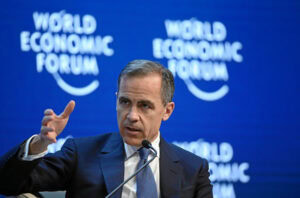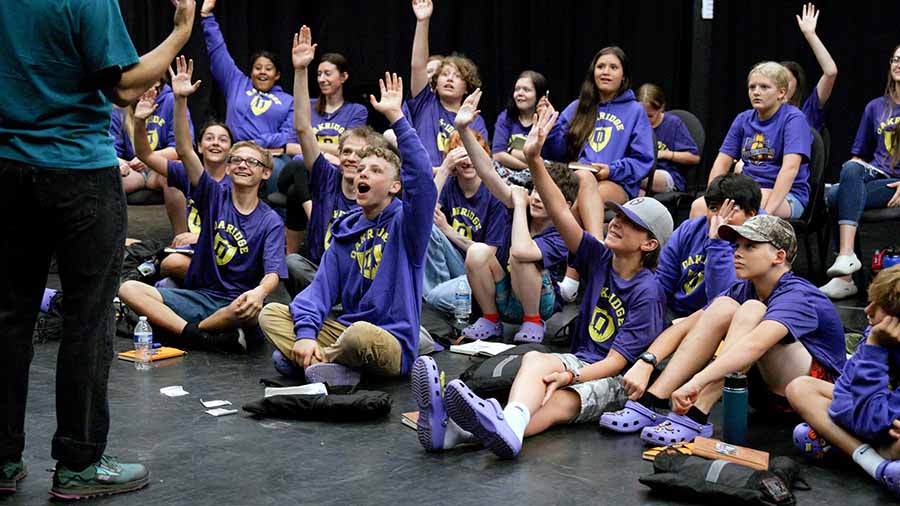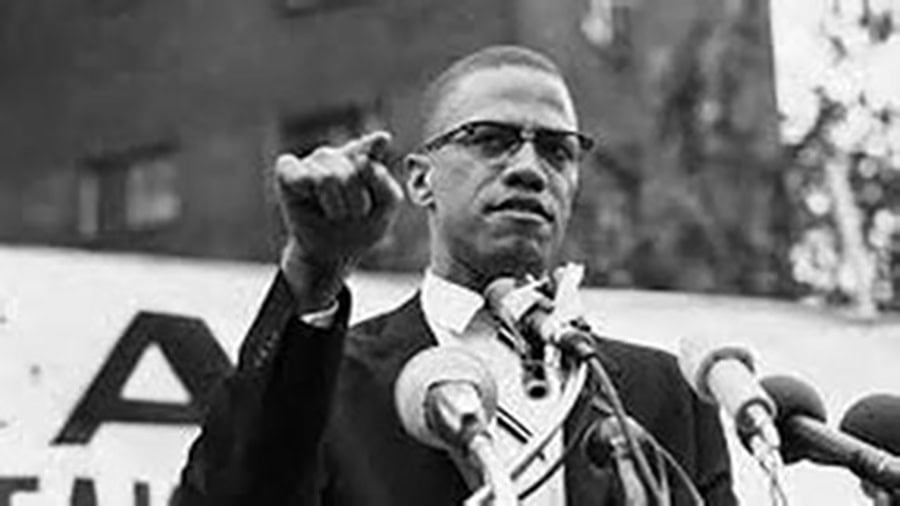Why be so quick to make accusations of racism?
By Herbert Rothschild
Last week Israel let some 300 aid trucks enter Gaza. According to The Times of London, Prime Minister Benjamin Netanyahu told the far-right coalition partners in his government, who were furious, that resumption of some aid was a diplomatic necessity. When images of desperately thin babies in Gazan hospitals were broadcast around the world, even American senators who are among Israel’s closest friends said that they could not “endure pictures of mass famine: We will not be able to support you.”
Humanitarian organizations say that 500 to 600 trucks a day are needed to end the starvation. Nonetheless, for now I’m going to stop reminding my readers every week of the horror Israel is perpetrating. Hopefully, you’ll keep it in mind without my prodding.
To my topic. As I read the reports in Ashland.news about what occurred at the April 20 meeting of the Ashland City Council and its aftermath, I said to myself, “Hey, guys, we can do better than this.”
The gist of what occurred is that, as Eric Navickas argued against the city’s Enhanced Law Enforcement Area, he made some remarks that Ashland Police Chief Tighe O’Meara decided to regard as racist. When the two men moved from the council chamber into the vestibule, O’Meara accused Navickas of being a racist or perhaps just of making racist remarks (O’Meara couldn’t remember the exact words he used). In response, Navickas either put his finger into O’Meara’s chest (his version of the story) or pushed him with both hands (O’Meara’s version), asserting that he wasn’t a racist. O’Meara then arrested Navickas.
I’ll begin with what strikes me as the willful misinterpretation of Navickas’s remarks. He asked the councilors to imagine if such an expulsion process (from the ELEA) were applied to a different community: “a large minority of, say, Black people, impoverished Black people who are possibly more engaged in criminal activity. … How does this apply to that community? We’re an all white community, how would this apply to a Black community?”
Navickas later admitted that his wording was unfortunate, but he meant to draw attention to the potential for discriminatory enforcement made possible by the authority the ELEA confers on police. When I read those remarks, I knew immediately what he meant to say. I think O’Meara knew it as well. The next day, when he spoke about his own behavior, he said, “Regardless of what was intended, what he did say on its face was racist. … For me to call him out on that is the righteous thing to do; his response was to physically assault me.”
No, what O’Meara said was neither righteous nor right. What he should have said to Navickas was, “I know what your intention was, but the way you expressed it came out sounding racist.” Then, the encounter wouldn’t have escalated.
Yet, I understand O’Meara’s impatience with Navickas, because what Navickas had said to the council was that the ELEA gives scope to an impulse toward selective enforcement that would express itself as racist if the Ashland police had a lot of Black people to harass, not just destitute white people. That assertion, too, was unwarranted and insulting. The next day O’Meara rightly produced his bona fides as a consistent advocate of fair policing. He has served this community well; we’re fortunate to have him.
Navickas’s public service, on the other hand, has been a mixed bag, marred too frequently by the poor judgment that manifested itself on this occasion by making physical contact with O’Meara. It matters not whether you push a police officer with both hands or poke him/her with one finger. As I tell folks when I do civil disobedience trainings, don’t make physical contact even with a friendly intention. You’re setting yourself up for a felony charge of assaulting a police officer.
In this case, I hope Eric will summon the humility to apologize to Tighe and Tighe will summon the grace to accept his apology and let the whole matter drop. Millions of people around the globe are being violently assaulted and crying out for our help. Mere misbehavior shouldn’t divert our attention from evil.
While I have expressed varying degrees of sympathy for the behavior of both Navickas and O’Meara, I have no sympathy for Councilor Jeff Dahle.
Dahle chose to release a written statement the following day. In it, he condemned Navickas’s physical violence, which was a proper thing to do. But before doing that, he described Navickas’s remarks this way: “At our most recent public forum, a deeply troubling incident occurred that must be addressed directly and unequivocally. An individual exercised their right to free speech — however, that right was used to utter language that was explicitly racially charged, clearly inflammatory and patently offensive.”
I don’t know Dahle personally. Nevertheless, I assume he’s not obtuse. Thus, the explanation for his so grossly mischaracterizing what Navickas said must lie elsewhere. I suspect it lies in some payoff he thought he would get by leading a charge against racism, like Lady Liberty in Delacroix’s famous painting in the Louvre. Perhaps it was the personal pleasure of righteous indignation or to earn points for political correctness in a woke community, or both. At any rate, it was cheap.
In the Louisiana of my youth, the race card was played frequently, mainly by politicians trying to depict their opponents as insufficiently bigoted to hold office. In the Ashland of my old age and in too many other Democratic strongholds, the race card is being played again, although in reverse. I find that use of it almost as offensive.
As someone who took risks and made sacrifices in a bad place at a bad time and, more importantly, saw others like Andy Goodman and Viola Liuzzo lose their lives in the Civil Rights movement, I have little patience for white people who mistake patrolling the boundaries of political correctness for fighting on the front lines of racial justice. A large portion of the national electorate expressed the same impatience last November.
Herbert Rothschild’s columns appear Fridays. Opinions expressed in them represent the author’s views. Email Rothschild at [email protected].



















